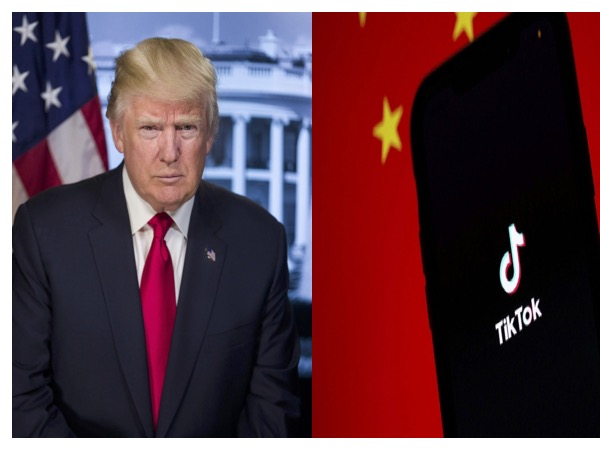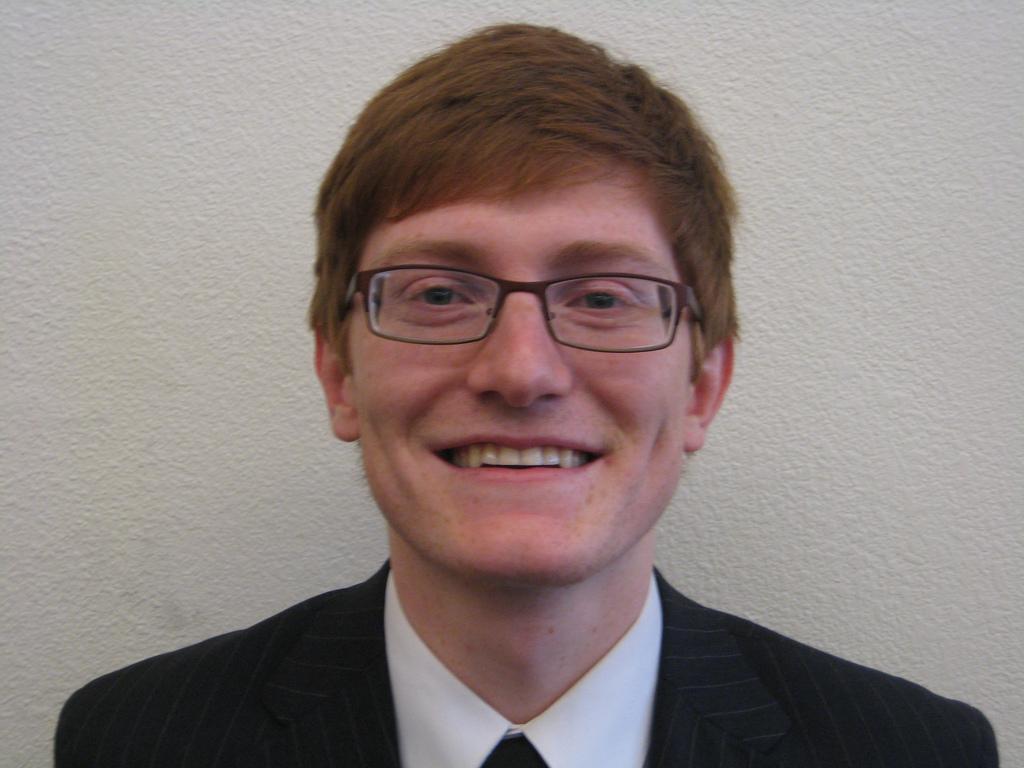Russia, which has converted to capitalism since the fall of the Soviet Union, has recently joined a handful of states around the world locked in internal political struggle. These populist movements have sprung up to assert the people’s rights against long-standing abusive regimes. Not surprisingly, they were partially fueled by the recent tough global economic times. This specific damage was dealt by lax policies and deregulation centering on banking centers such as those of the U.S. With no external relief on the way however, these movements began to expand in size and importance until Western media caught on in mid-2011 to grant outsiders a closer look.
Within the Russian Federation, voters for many years have allowed the complete domination and abuse of the political system in exchange for small but steady economic growth and social improvements. The current system can be described as a “managed democracy”, but increasing numbers of activists are rising up in favor of political reform. This system maintained a silent agreement between the ruling class and the rest of the populace; however, this arrangement seems to be on its way out.
For those in power, the thawing of this “cold pact” seems to spell great troubles over the horizon. The path that lies ahead leads to either greater social unrest and violence or real reform. Despite these developments, Prime Minister Vladimir Putin―the man who has been in charge since the late nineties―shows no intention of relinquishing his iron hold. However, his reign could be coming to a close.
The 2011 parliamentary elections that took place on December 4, 2011, did well to show the falling popularity of his United Russia party. They won only 49.32 percent of the seats in the Duma (lower house), down from 64.30 percent in the 2007 elections. Many domestic and foreign analysts noted that large-scale election fraud had occurred to retain this legislative majority. With the stakes as high as they’ve been since the early nineties, the future of Russia is in a state of jeopardy.
Putin and his myriad of political operators will have some hard decisions to make. The distraught middle class, though a minority and composed of mostly younger people, will become more influential and problematic to deal with. Legitimacy will continue to erode until true liberalism is introduced, and even then, he will be forced to deal with overwhelming unpopularity and criticism.
As the country changes, the people will be faced with problems very similar to that of Gorbachev’s “perestroika” during the last days of the Soviet Union. Despite more than a decade having passed in regards to this long emerging struggle, the forces of revolution are really just beginning. All eyes will be on the 2012 presidential election and the guaranteed increase of disobedience and disorder that is sure to follow when the Tsar takes up his throne again, perhaps for the last time.
Some History
Since the fall of the USSR more than two decades ago, global focus has greatly shifted to other threats and interests―communism failing to survive its long and cold battle against capitalism. At that climactic shift of power, the great tension that the First World faced dissolved. The “free world” could now re-purpose its attention to the acquiring and protecting of foreign assets, while continuing to expand in influence.
This new era of growth and stability proved to be short lived. New threats emerged, primarily that of terrorism and economic crisis. Countries like the U.S. were largely responsible due to many years of insensitive and arrogant practices abroad. What would come to follow, however, was even more promising and challenging than what the nineties had to offer.
The Gears in Motion
The main bodies of these protests were at first concentrated in the Middle East and North African regions in what is known as the Arab Spring. Their united resistance against tyranny culminated in several notable revolutions. Despite the questionably supportive policies of Western powers, the regime changes were on the whole largely celebrated. On top of this America began to have ongoing protests of its own kind under the “Occupy Wall Street” banner, which focus more on internal economic troubles.
One explanation comes from disastrous foreign policies initiated during the Reagan era. They created an atmosphere of great tension and looming confrontation between anti-western powers and the west itself. The negative factors of globalization and aspects of neo-imperialism have continued to influence global activity, and the protests, being just one facet of resistance, should not be a surprise to the world.
The newest rise of protests however have centered in what was once communism’s core. Without receiving the full media attention it deserves, events there have been escalating. Thankfully, the attention of increasing numbers of global leaders, reporters, and activists have been captured. This has led to more comprehensive coverage as the Russian people’s plight continues.
references @ http://www.huffingtonpost.com/2011/12/24/russia-protests_n_1168712.html
http://www.bbc.co.uk/news/world-europe-16122524
http://www.bbc.co.uk/news/world-europe-16060870
http://en.wikipedia.org/wiki/Russian_legislative_election,_2011









































































